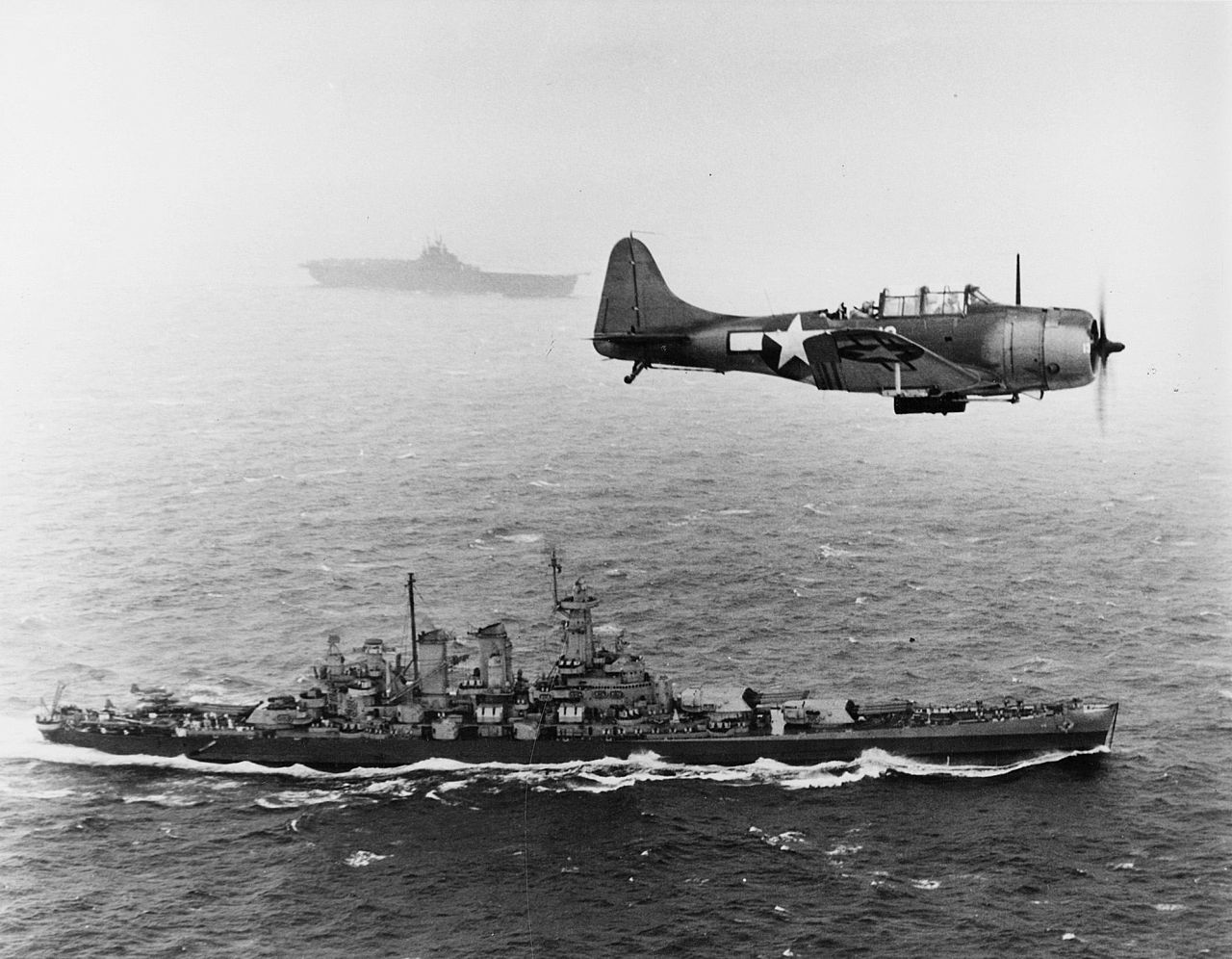World War 2
The Second World War was the most deadly, destructive, and sadly, the most well known war of human history.
Yudonia in WW2
Prelude
Around 1930 a very strong political ideology was starting to be seen all over Europe and the far east, and it woudl end up gaining some support in Yudonia too. By 1935 a nationalist, militaristic, centralized and unified political feeling spread all across Yudonia, as the Nationalist Party won the elections under the presidency of Miskiev Lorentz. During his period, he made changes to the legislation of the country and started to shape it towards communism and a highly militaristic country. He failed, and his popularity quickly started to drop. Nonetheless, he did what he said he would, and he started to align Yudonia towards nationalism, and with it, towards Italian protection of the Archipelago. Benito Mussolini and Miskiev had long conversations about cooperation between the two countries, and it was even suggested that a confederation could be made in the future. They called it The New Empire, but it never actually happened. By the elections of January, 1939, the future political landscape of the country had already been decided: No one would ever vote the now called Realist Party for its actions during those 4 years. Elections were won by Daniele Petrovo from Atón Democratí (Democratic Action), a party that said that would fix all problems in Yudonia by the same route Miskiev suggested, but failed. He kept friendly relations with Italy and Germany but reinforced the British and American ideals, driving the country into neutralism in a couple months. By September the idea of Yudonia entering the war forcefully was already in everyone's minds, but a side had to be chosen…WW2
During the Spanish civil war, Yudonia made a lot of money selling guns to both sides, secretly selling weapons, grenades and artillery shells, but it wasn't until March of 1940 that Italian and German leaders had a conference with Daniele, in which they asked Yudonia to enter the Axis a bit forcefully, as Yudonia was going to be given 4 warships as a way of sealing the entrance of the country into the Axis. Knowing that the Italian fleet by itself had more than five times the assets of the Yudonian Navy, Daniele had to accept. The Conference of Plavit was set on May 14th, and General Erwin Rommel would assist himself to it, being the permanent counsellor of the Reich in Yudonia from the moment the entry was signed. As always, the United Kingdom already knew about what was going to happen in that conference, and the Royal Navy was already prepared. A fleet of the Royal Navy started their voyage from Malta to Yudonian waters days before, and engaged with the enemy German Fleet just hours away from the arrival of General Rommel. Also, UK guaranteed Yudonia at least a 10% of all the captured ships at the end of the war and an aircraft carrier if the country was to side with the Allies and offer complete access to them after joining the war. The future was sealed. At the end of the Battle of Plavit, a total of 7 ships and 5000 sailors were captured on the docks of the city and more than 5 vessels were sunk. This stated the entry of Yudonia into the war, but it wouldn't be official until Winston Churchill and Daniele Petrovo had a conference in London, in which Yudonian entrance to the war was official and all captured equipment before its signing was to be given to the Federal Navy of Yudonia. The United States of America saw Yudonia as a perfect base for operations in the Mediterranean, and it was decided that the city of Plavit would be the center of operations of the War Theatre. The Federal Air Force of Yudonia was revamped with new Spitfire planes from the UK, 4 important military ports were built from old small docks, AA-guns were installed in the cities, and the country became the center of operations of the Allies within the Mediterranean. Throughout the war, numerous air raids were launched into Sicily and against the Afrika Corps, but Yudonia was ultimately bombed to the ground. At least 12% of the total population was sent to the European Frontlines after the landings on Italy and the country emerged victorious after the war ended. From there, Yudonia participated in many important battles and offensives, including the Evacuation of Dunkerque, The Battle of El Alamein, the Invasion of Sicily, the North African Campaign and the Final Push to Berlin.Repercussions
After the Allied victory and the Nuremberg Trials, Yudonia received a total ofU.S. Navy SBD-5 scout plane flies patrol over USS Washington and USS Lexington during the Gilbert and Marshall Islands campaign, 1943
U.S. Navy photo 80-G-204897 - U.S. Navy National Museum of Naval Aviation photo No. 1996.253.680
Remove these ads. Join the Worldbuilders Guild









Comments